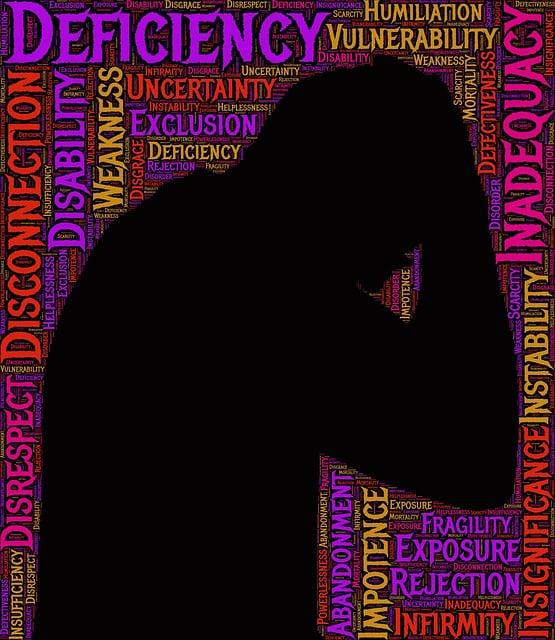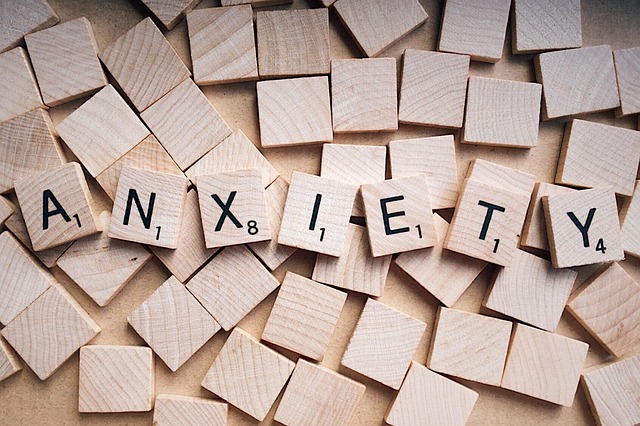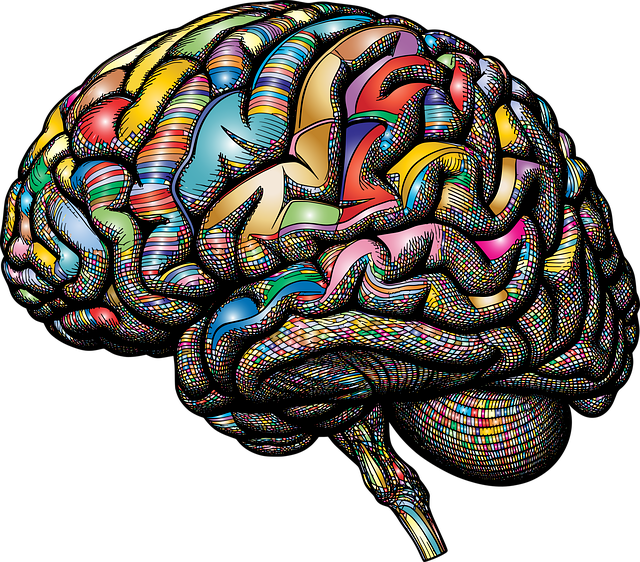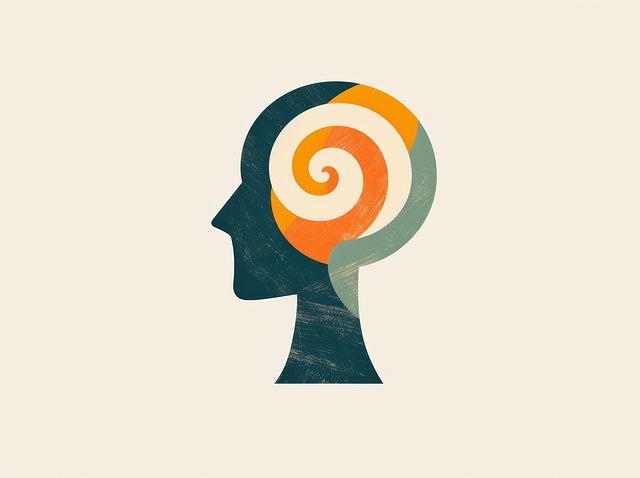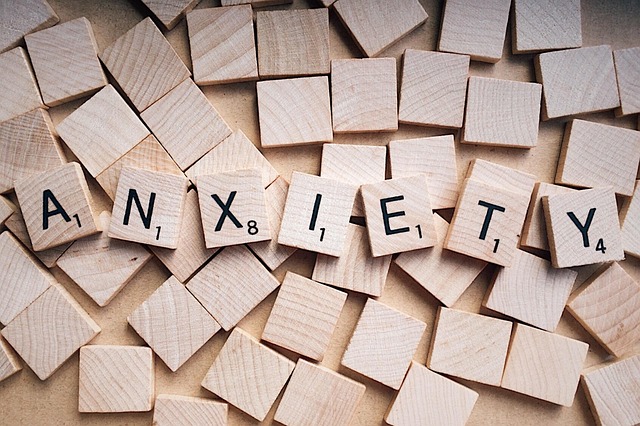Online therapy tailored to young adults' unique challenges is crucial for their mental wellness. By creating safe, engaging virtual environments using interactive tools and private platforms, therapists can address issues like anxiety, depression, and social isolation effectively. Group discussions facilitated by icebreakers, role-playing, and anonymous question rounds promote open communication and empathy, while creative activities like art and movement offer alternative coping methods. Measuring success involves both quantitative and qualitative assessments, with individualized support ensuring meaningful progress. Accessible online therapy complements mental health education, offering a dynamic approach to cater to tech-savvy young adults' needs.
Mental wellness group facilitation plays a pivotal role in supporting young adults navigating their mental health journeys, especially through online therapy platforms. This article explores effective techniques for facilitators to cater to this demographic’s unique needs. We delve into creating inclusive virtual spaces, engaging group discussions, incorporating creative activities, and measuring success. By understanding the nuances of online therapy for young adults, facilitators can foster meaningful connections and enhance mental wellness outcomes.
- Understanding the Unique Needs of Young Adults in Online Therapy
- Creating a Safe and Supportive Virtual Environment
- Facilitating Effective Group Discussions: Techniques for Engagement
- Incorporating Creative and Interactive Activities for Mental Wellness
- Measuring Success and Providing Individualized Support within Groups
Understanding the Unique Needs of Young Adults in Online Therapy

In the realm of online therapy, catering to young adults’ unique needs is paramount. This demographic often faces challenges distinct from older age groups, such as navigating transitional life stages, managing academic pressures, and exploring identity. When it comes to Therapy for Young Adults, facilitating effective sessions in a virtual setting requires a nuanced approach. The shift to online platforms can impact their willingness to open up, emphasizing the need for facilitators to create a safe, engaging environment that fosters mental wellness.
Facilitators play a crucial role in helping young adults develop inner strength and resilience building skills. By recognizing and understanding their specific struggles, therapists can design interventions tailored to address issues like anxiety, depression, or social isolation. Online therapy provides an opportunity for creative problem-solving, where interactive tools and virtual activities can engage participants, making therapy accessible and even appealing to this tech-savvy generation.
Creating a Safe and Supportive Virtual Environment

Creating a safe and supportive virtual environment is paramount when facilitating mental wellness groups for young adults engaging in online therapy. This involves utilizing digital platforms that prioritize user privacy and security, ensuring participants feel confident sharing their experiences. Healthcare provider cultural competency training plays a crucial role in fostering inclusive spaces where diverse perspectives are valued, promoting empathy building strategies among facilitators and peers.
Effective virtual group sessions should incorporate interactive elements to mimic the hustle and bustle of in-person therapy. This can be achieved through icebreakers tailored to online settings, encouraging active participation using chat functions or video breakout rooms. Trauma support services specifically designed for virtual delivery can help participants process difficult emotions securely. Empathy becomes a cornerstone of these interactions, fostering connections that transcend physical distances.
Facilitating Effective Group Discussions: Techniques for Engagement

Effective group discussions are pivotal in fostering mental wellness among young adults, especially those accessing online therapy. Facilitators play a crucial role in creating an engaging and inclusive environment that encourages active participation. One technique to enhance interaction is using icebreakers; these can be fun activities or thought-provoking questions designed to help members get to know one another, reducing initial shyness and building camaraderie. This sense of community is essential for open communication and creates a safe space for sharing personal experiences.
Additionally, incorporating interactive elements like role-playing scenarios, small group breakouts, and anonymous question rounds can significantly boost engagement. These methods not only make sessions dynamic but also promote active listening and empathy among participants. By combining these facilitation techniques, online therapy platforms can effectively support young adults’ self-esteem improvement and even depression prevention within a supportive community outreach program implementation.
Incorporating Creative and Interactive Activities for Mental Wellness

Incorporating creative and interactive activities into mental wellness groups offers a dynamic approach to therapy for young adults seeking online treatment. These engaging methods go beyond traditional talk therapy, providing a space for participants to express themselves through art, music, movement, or role-playing scenarios. For instance, art therapy can help individuals visualize and process their emotions, while group singing or dance activities foster a sense of community and shared experiences. Such creative outlets are particularly beneficial for those experiencing burnout prevention, as they offer alternative ways to cope and manage stress.
By integrating interactive elements, facilitators create a supportive environment that encourages participants to participate actively in their mental wellness journey. This approach not only enhances the therapeutic experience but also contributes to confidence-boosting moments, especially when individuals witness their peers embracing vulnerability and growth. Moreover, these activities can play a pivotal role in mental illness stigma reduction efforts by promoting understanding, empathy, and a sense of belonging within the group, thereby fostering a more inclusive online therapy space.
Measuring Success and Providing Individualized Support within Groups

Measuring success within mental wellness groups is a nuanced process that goes beyond simple attendance or engagement. Facilitators should adopt a multifaceted approach, incorporating both quantitative and qualitative assessments to gauge progress. This can involve regular surveys gauging participants’ mood, stress levels, and coping mechanisms, alongside more informal check-ins during sessions. Additionally, observing group dynamics—such as the quality of peer interactions and support systems—provides valuable insights into therapeutic effectiveness.
Individualized support is equally vital for fostering meaningful progress. Group facilitators should be adept at tailoring their guidance to meet diverse needs. This may involve adapting activities or exercises based on personal struggles, offering one-on-one counseling within group settings, or providing resources and referrals for those facing crises. Crisis intervention guidance, integrated with ongoing mental health education programs design, ensures that participants receive timely and targeted support throughout their journey, particularly when considering the accessibility of online therapy for young adults.
Group facilitation techniques in online therapy play a pivotal role in addressing the unique mental wellness needs of young adults. By creating safe virtual spaces, employing engaging discussion methods, integrating creative activities, and individualizing support, therapists can effectively help this demographic thrive. Incorporating these strategies ensures that online therapy remains dynamic, accessible, and impactful for young adults seeking assistance in today’s digital age.


